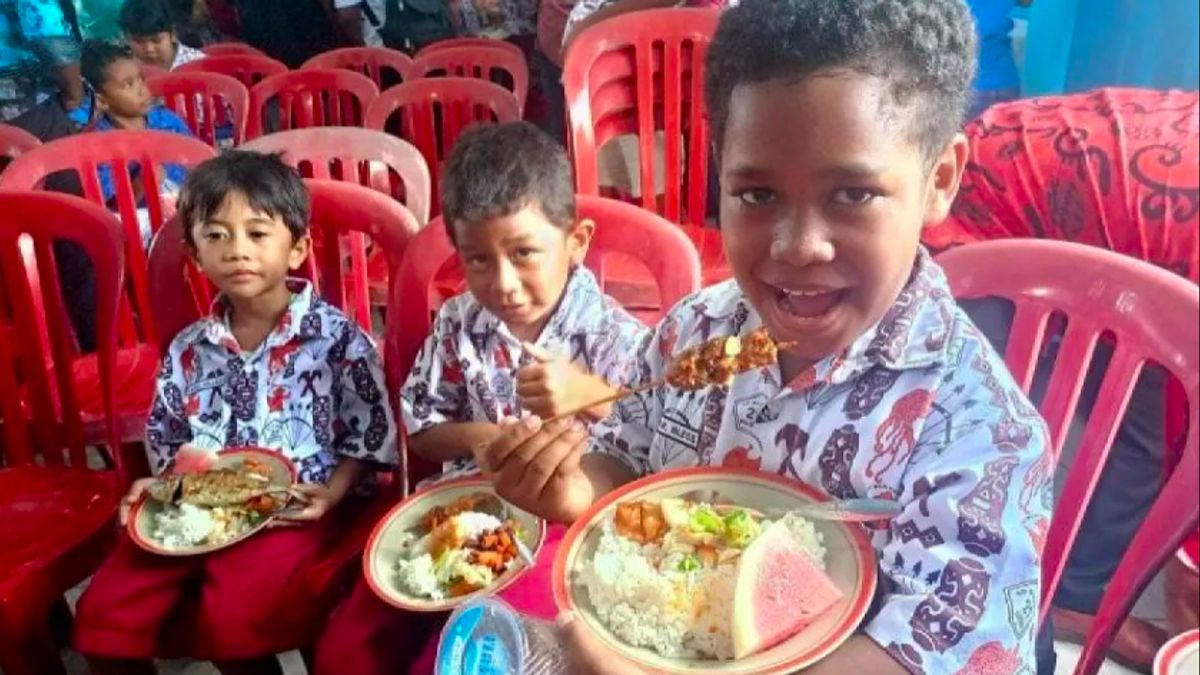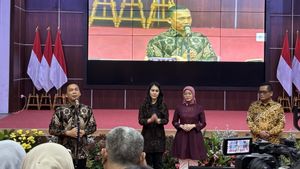JAKARTA - The Center for Research on Technology and Food Process (PRTPP) of the National Research and Innovation Agency (BRIN) is developing local food products to overcome stunting.
This step is considered to be able to familiarize the community in increasing food consumption based on local commodities, to increasing added value and empowering the local economy.
"Developing local food products is very important in overcoming stunting because it can meet nutritional needs in a sustainable manner by utilizing available resources in the region," said BRIN PRTPP Chief Satriyo Krido Wahono, as quoted by Antara.
According to Satriyo, the use and consumption of local foods can also indirectly reduce imported foods. BRIN's PRTPP has developed a variety of local food products, both from plant, animal and marine resources.
When it comes to stunting handling, in general, the food is rich in protein, especially animal-based proteins.
In addition, this food will be better if it contains certain minerals that can function to increase the absorption of nutrients in the body such as iron (Fe), zinc (Zn), and calcium (Ca).
One example of food products created by BRIN is the Moringa biscuits made of Moringa leaves and enriched with vitamins and minerals, and the Purula or Peptida Unggul Seaweed.
Purula is a functional food in the form of seedling flakes that can help prevent anemia, one of the causes of stunting.
Previously, Indonesia succeeded in reducing the stunting rate or hampered growth and development of toddlers by 9.63 percent over the past five years (2018-2023).
SEE ALSO:
The Indonesian government has set six goals that are targeted in accelerating stunting reduction, one of which is reducing stunting prevalence in Indonesia.
In addition, the government is also committed to improving the quality of preparing a family life, ensuring the fulfillment of nutritional intake, improving parenting, improving access and quality of health services, and increasing access to drinking water and sanitation.
The National Population and Family Planning Agency (BKKBN) noted that 48.39 percent or 4.2 million families of 8.6 million stunting (KRS) families in Indonesia had received assistance until mid-2024.
The English, Chinese, Japanese, Arabic, and French versions are automatically generated by the AI. So there may still be inaccuracies in translating, please always see Indonesian as our main language. (system supported by DigitalSiber.id)

















